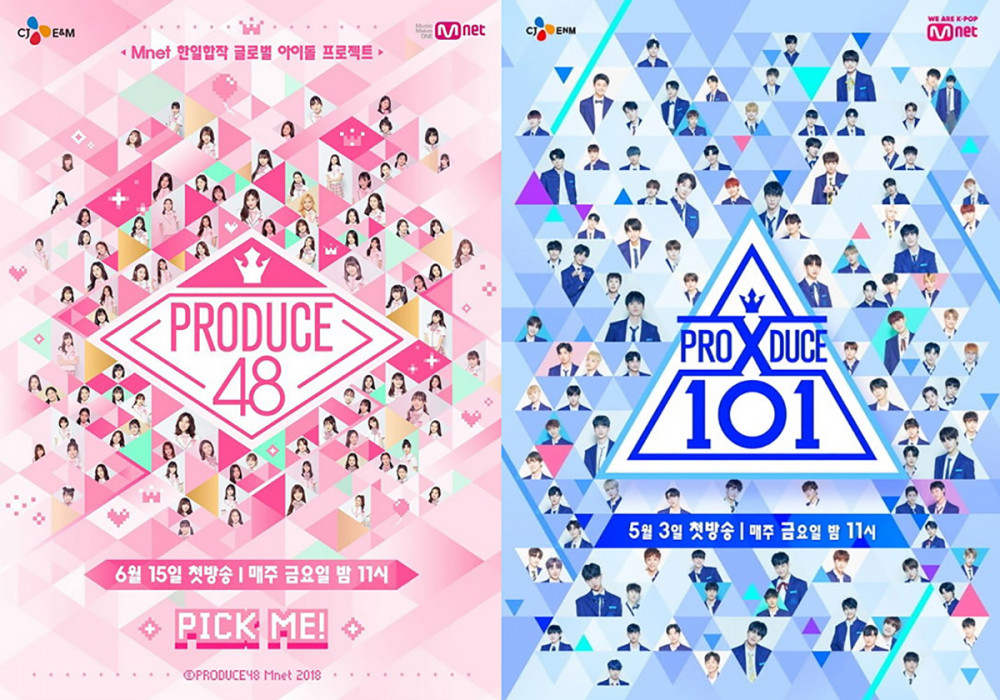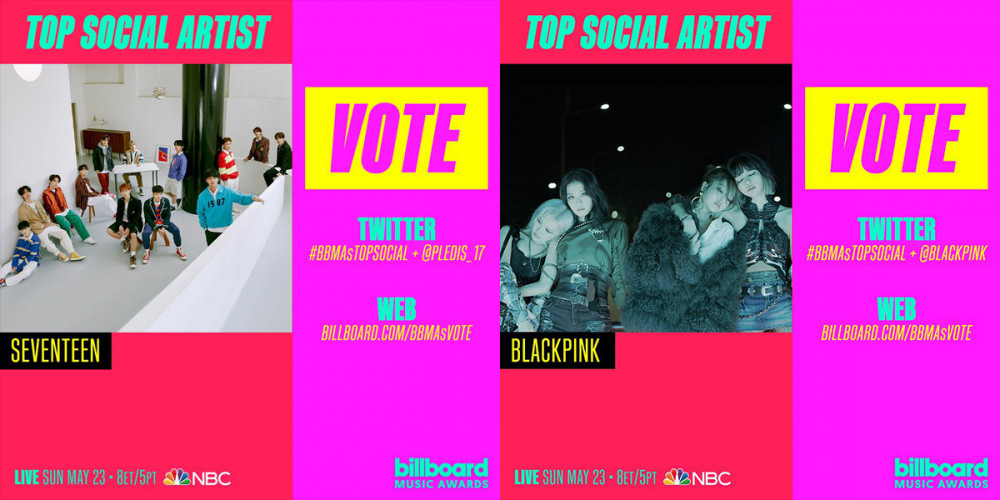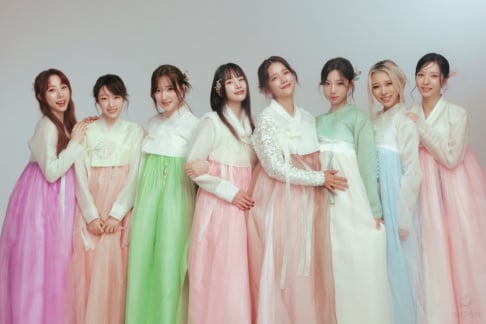
The K-Pop industry is undergoing some of the most radical transformations in its history to date. Sure, many people believe that it's still too early to officially conclude that the era of the "4th Generation" has begun. Top names of the 2nd, 2.5, and 3rd generation are still very much running the show.
Nonetheless, there's already somewhat of an agreement among industry experts that there are some K-Pop rookies clearly laying out a place in the industry as the "4th Generation". These groups include: Stray Kids, The Boyz, LOONA, (G)I-DLE, ITZY, TOMORROW x TOGETHER, ATEEZ, CRAVITY, TREASURE, ENHYPEN, aespa, STAYC, etc.
Arguably, one of the key reasons that the "4th Generation" has been received with a little bit of reservation is the fact that many K-Pop folks (from industry experts, to idol fans, to the general public ,etc) are still too fixated on the "old ways" of K-Pop. Over the years, the industry has followed a certain set of understood rules and norms. However, this is changing.
So here are 6 outdated K-Pop concepts that the industry has just outgrown with the evolution of the genre. These old-fashioned concepts just do not apply to the new, 4th-generation. Which is also why it can be argued that whether everyone agrees to it or not, the 4th generation is already here.

1. "The Big 3" is king.
In the past, "The Big 3" companies of K-Pop (SM, YG, JYP) had absolute authority in controlling the rules and norms of the idol industry. This is no longer the case. Simultaneously, while the big 3 agencies have come down a long ways from their former days of glory, new and emerging agencies are taking the lead in expanding the K-Pop market on a global scale. The rise of HYBE Labels is only the most obvious example of an era of new innovations and solutions.

2. Idol songs need a catchy hook so everyone can sing/dance along.
Older generation K-Pop groups will mostly survive the tests of time by their most famous, immortal songs. "Into The New World", "Tell Me", "I Am The Best", etc. In the new era, music is the foundational core of a complex web of components that make up the unique universe of a K-Pop brand. If the old pattern of a K-Pop group's music went from: a catchy hit song → #1 on a music show → public recognition → that group's established style, music in the new era is more like: music → a story universe → albums symbolizing each chapter → a cultural message.

3. Idols need to promote themselves to the public by appearing on TV variety shows.
Millennials and Gen Z don't watch cable TV anymore. Not to mention, the goal of K-Pop is no longer simply to receive the widest amount of public or "muggle" recognition, especially within the limits of the domestic, South Korean audience. K-Pop is now a globally known, original genre of its own, and so the new era caters to a very different audience that is both broader, but also concentrated. 4th-generation idol groups approach their audiences through contents produced on their own, catered to meet the demands of those who are the most willing to consume.

4. A debuted K-Pop group is the perfect, finished product of years of rigorous training.
The age of 'Produce' changed K-Pop by transforming the process by which a K-Pop idol is born into an open, shared journey. Unlike past generations of idol groups, the idols of the 4th-generation began sharing their journeys with fans long before debuting. In simple terms, this just means that most of the 4th-generation idol groups of today are remnants of audition programs like 'Produce', 'MIXNINE', 'Treasure Box', etc. But the other side to this is that fans have also changed the ways they encounter and evaluate K-Pop idols. Moving away from a focus on the the most perfect package that suits fans' tastes, today's areas of focus include growth, potential, and empathy.

5. Idols "date" their fans.
The relationship between a K-Pop idol and his/her fan is no longer one-on-one. K-Pop is now a global community. This community consists of: a group and its members, its fandom, members of the fan community from different parts of the world, as well as various types of new digital technology platforms that keep the entire community connected.

6. The biggest measure of success is #1 on domestic music charts.
Major Korean domestic music charts have long become outdated as a method of measuring K-Pop's success. A song that happens to be #1 on Melon in Korea right now has little impact anywhere else in the world. Meanwhile, the impact of K-Pop has far surpassed the reach of just giving people a good song to listen to. There are so many more ways to measure the success of K-Pop in the new age, and that can get complex, but Korean music charts with the same handful of songs switching places around for months at a time is just not it.
What do you think of the changes happening to K-Pop today?
 SHARE
SHARE















































Second Gen is Superior.. sorry not sorry
12 more replies